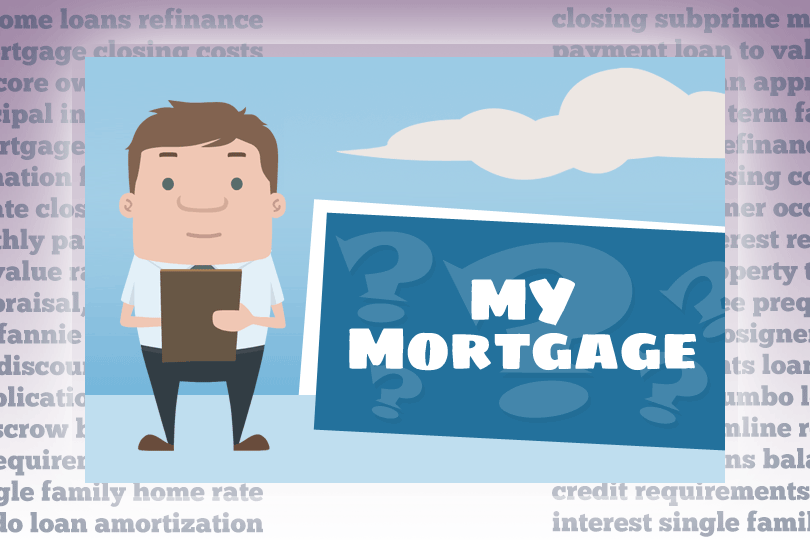Is Waiting to Refinance Your Residential Home a Good Idea?
April 23, 2025
Refinancing without carefully considering your current financial circumstances is never a good idea, but careful planning in the current financial environment is even more important.
One of the primary reasons to hold off on refinancing is when interest rates have risen or haven't decreased much since you obtained your original mortgage.
If current interest rates are worse than your home loan rate, refinancing would likely result in higher monthly payments and an increase in the total interest you pay over the life of the loan.
Consider keeping your current mortgage and waiting for a more favorable interest rate environment. Monitoring economic indicators and mortgage rate trends can help you identify opportunities for refinancing later.
The Cost of Refinancing
Another factor to consider is the cost of the refinancing transaction, especially funding fees and other expenses. Refinancing isn't free; it involves application fees, appraisal fees, title insurance, and closing costs.
If the potential savings from a lower interest rate or more favorable terms are not substantial enough to offset these upfront costs over a reasonable period, refinancing might not be worthwhile. A good rule of thumb is to calculate your "break-even point," which is how long it will take for your monthly savings to recoup the refinancing costs.
If this period is too long, especially if you don't plan to stay in your home for an extended time, waiting might be the smarter choice.
Borrower Needs
What are your financial needs and goals? If you are planning to move soon, refinancing might not be beneficial, as you may not stay in the home long enough to recoup the associated costs.
Taking on a new mortgage obligation might not be advisable if you face uncertainty with your employment or credit.
Another reason to wait is if your current mortgage has a very low interest rate. Even a slight decrease in market rates might not be enough to justify the move. Do you currently have a mortgage with an interest rate below 4%? The potential savings from refinancing to an even lower rate are minimal and could be outweighed by the refinancing fees.
FHA and Non-FHA Loans
Consider also the specifics of your current mortgage. Non-FHA borrowers may have a prepayment penalty on the existing loan, and the cost of refinancing could be higher in these cases. A prepayment penalty is a fee the lender charges if you pay off your mortgage early, including through refinancing.
Before considering refinancing, reviewing your loan documents for a conventional or non-FHA loan is crucial to determine if such a penalty exists and factor the expense into your refinancing calculations.

FHA Loan Articles
April 16, 2025There are smart uses for cash-out refinancing loan proceeds and uses for that money that may work against the borrower. We examine some of those choices below, starting with using an FHA cash-out refinance for investment purposes. Is this a good idea?
April 15, 2025House hunters sometimes face a curveball when the appraisal for a home they want to buy with an FHA mortgage is lower than the offer. Is this a deal-breaker? Believe it or not, it isn't the end of the road. A low appraisal can sometimes be just a bump in the road. In other cases, you may wish to walk away from the deal. Here's your game plan to navigate this situation...
April 14, 2025 Buying a home with an FHA loan can be an exciting and achievable goal. This quick quiz helps you gauge your understanding of FHA loans and what it takes to make a winning offer on your new dream home. Take a few moments to answer the questions and see how prepared you are to navigate this crucial stage of your home-buying journey.
March 31, 2025Is 2025 the right year for you to consider an FHA streamline refinance? These mortgages are for those who want a lower interest rate, a lower monthly payment, or to move out of an adjustable-rate mortgage and into a fixed-rate loan. We examine some of the critical features of FHA streamline refinances.
March 27, 2025Did you know there are FHA loans that let house hunters buy multi-family properties such as duplexes and triplexes? FHA rules for these transactions is found in HUD 4000.1, including owner-occupancy, require that one unit serve as the borrower’s primary residence. Some house hunters ask why this rule exists. Some believe the rule serves as a lender risk mitigation strategy.







